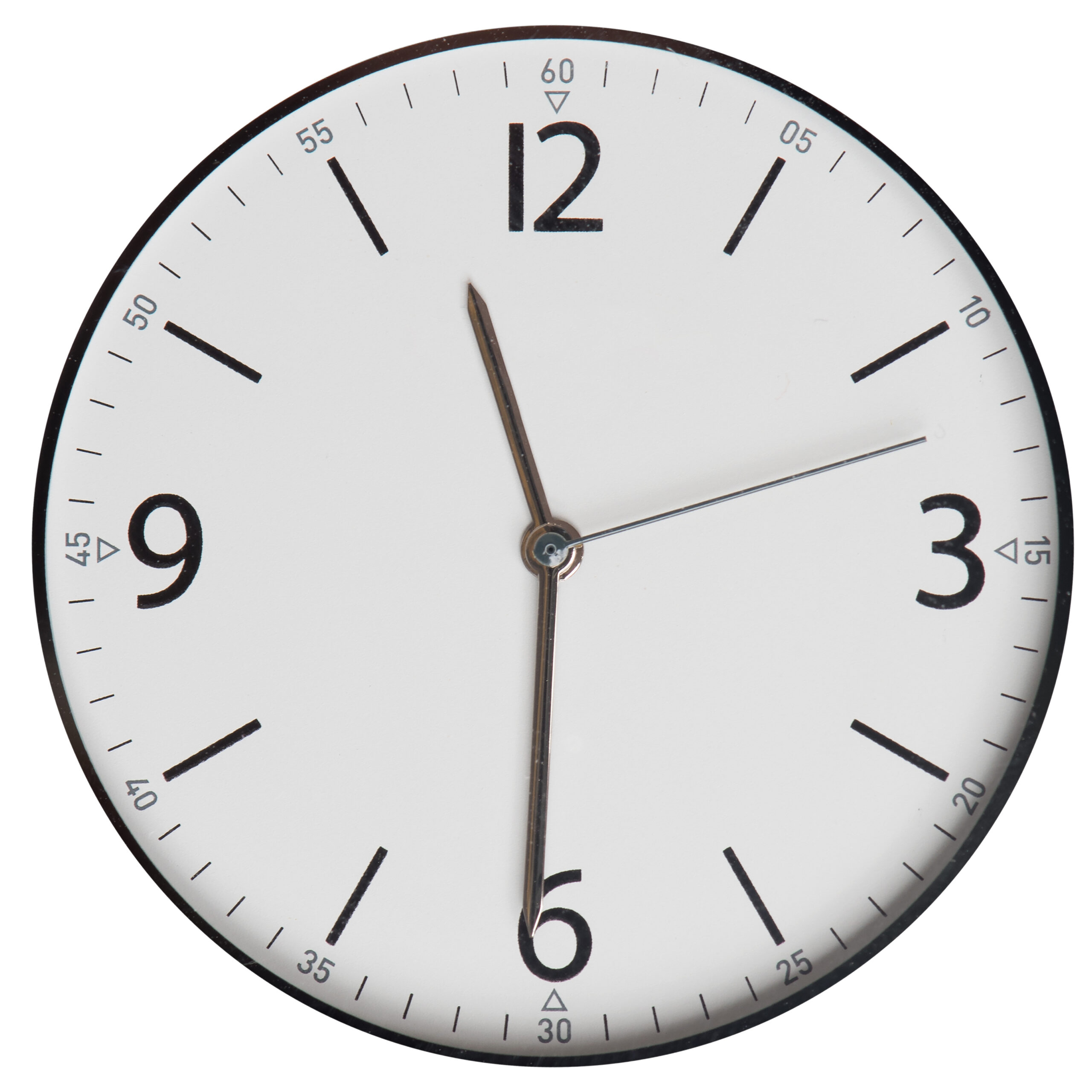
Northbridge, an inner-suburb of Perth in Western Australia, has had a long and colourful history as the city’s nightlife capital. Yet by 2000 the area was in decline, faced with high crime rates and a variety of other problems that threatened the precinct’s social and economic wellbeing. One ongoing issue was the presence of unaccompanied juveniles (mainly indigenous) who frequented the area at night. In the wake of a government report on the precinct came calls for young people to be banned from Northbridge after 10:30pm. Some opposed the proposal, which was uncomfortably reminiscent of the 1905 Aborigines Act that had restricted Aboriginal access to towns after 6pm. Others felt that the problems had been misrepresented, and that young people had as much a right to be in Northbridge as adults. Perhaps town planning and the attitude of Northbridge traders were bigger problems. Still, if it was a question of safety of the children, there was an argument that a curfew was the best option for protection.
This case can be used to discuss the management of public spaces, including the influence of different stakeholders against evidence, and possible solutions to perceived problems. Part A describes Northbridge’s recent history and can be discussed from a variety of perspectives, including business-owners, patrons, youth, police and local council.
Read more:
- part B describes the implementation of the curfew and different approaches to compliance.
- the Epilogue provides follow-up information, including assessments from some of the key stakeholders.
- Authors: Marinella Padula
- Published Date: 14 February 2008
- Author Institution: ANZSOG
- Featured Content Length: 1
- Content Length: 8
- Product Type: Part A, Primary resources
